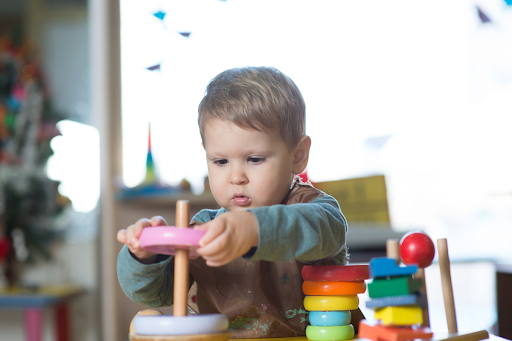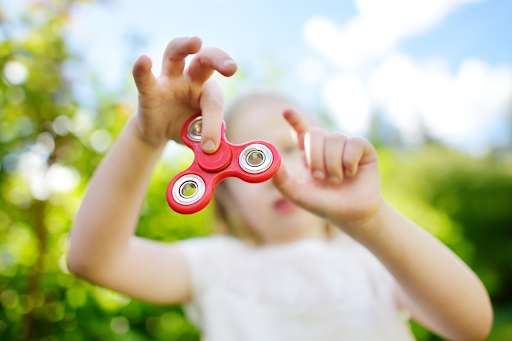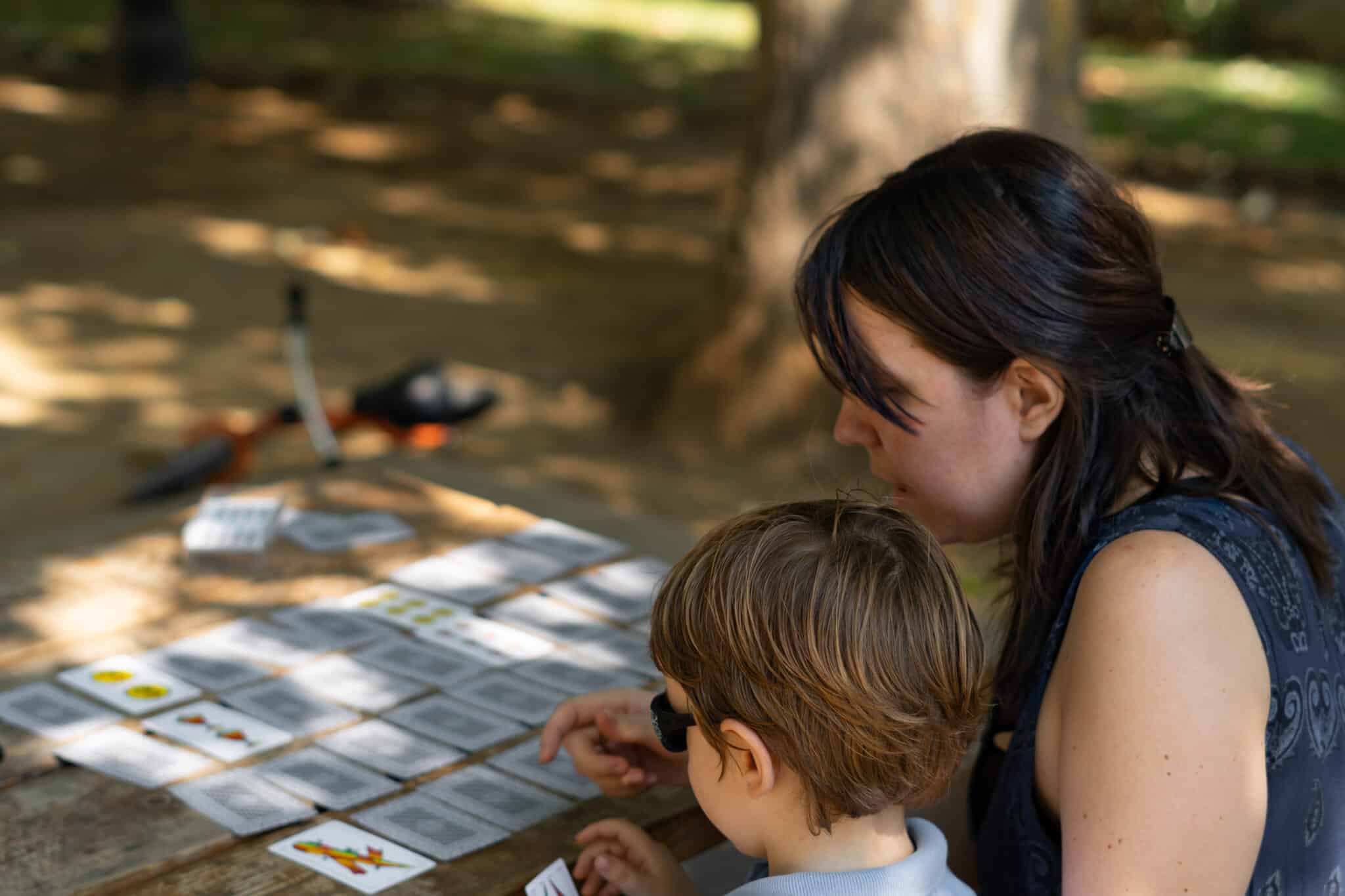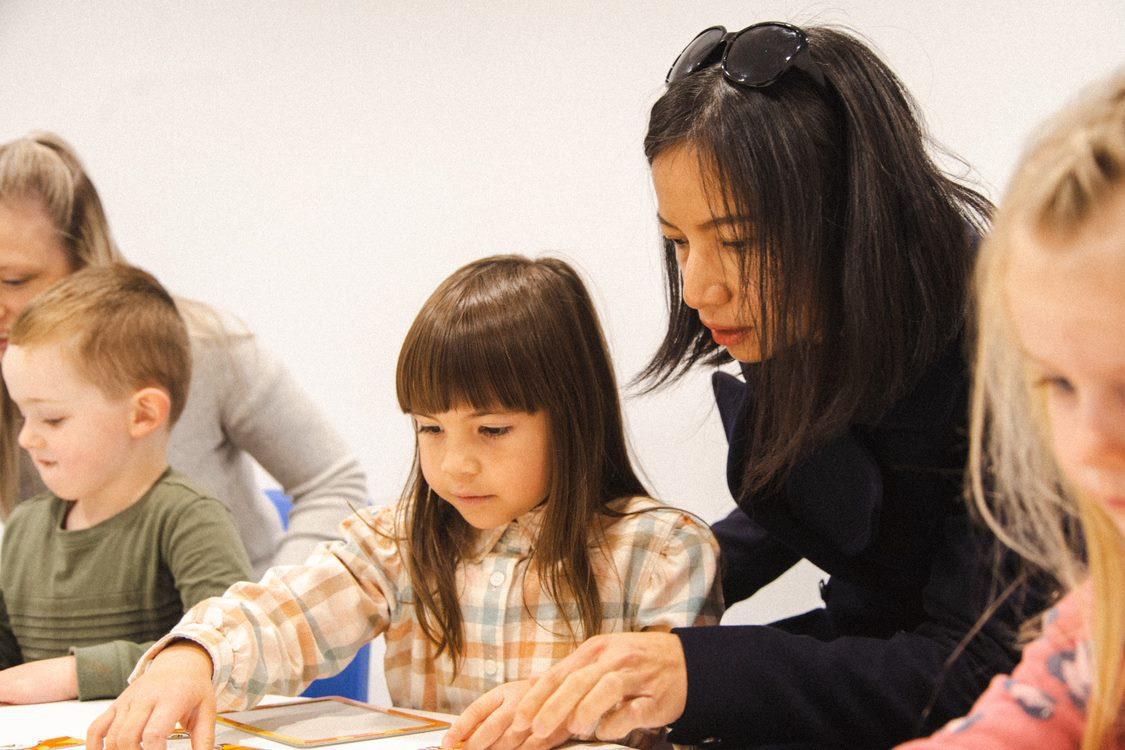
How to Help Your Child Concentrate
Wondering how to get a child to concentrate? Concentration is a skill that can be nurtured from a young age. For babies, toddlers, and preschoolers, maintaining focus can sometimes be a challenge due to their natural curiosity and short attention spans. However, with the right guidance, you can help your child develop the ability to concentrate for longer periods.
From brain-boosting games to structured routines, this article breaks down how to get a child to concentrate in fun, practical, and age-appropriate ways.
How to Help Your Child Concentrate During Activities and Learning
As parents, we often wonder how to get a child to concentrate during important activities – whether it’s homework, mealtimes, or extracurricular classes. A child’s concentration can be influenced by several factors, including their environment, routine, and even their diet. Let’s explore some effective strategies to improve focus and set your little one up for success.
Set the Stage for Focused Attention
Children thrive in environments that promote learning and minimise distractions. Create a dedicated space for focused activities, whether it’s a quiet corner for reading or a clutter-free table for art and homework. Avoid noisy or overstimulating surroundings, and establish clear expectations for when and where focus is required.
Tip: Soft background music or white noise can sometimes help create a calm atmosphere.
Time Snacks and Meals Wisely
What your child eats – and when – can have a significant impact on their ability to concentrate. Hunger can make it hard to focus, while snacking constantly during activities can be equally disruptive. Offer healthy, balanced meals and snacks at consistent times before or after activities to fuel their brain and body.
Best Choices for Focus:
- Foods high in protein (e.g., eggs, nuts, yogurt)
- Fruits and vegetables with natural sugars for energy
- Whole grains for sustained focus
Tip: Encourage your child to stay hydrated throughout the day, as even mild dehydration can affect concentration.
Encourage Breaks to Recharge
It’s natural for young children to have shorter attention spans. Encouraging regular breaks after engaging with targeted activities like puzzles can be key to improving your toddler’s attention span. For instance, after 10 minutes of focused effort, let them stretch, run around, or play for a few minutes before resuming.
Tip: Create a “focus jar” with short break activity suggestions like “do 10 jumping jacks” or “sing your favourite song.”
Develop Concentration Skills Through Targeted Activities
Helping your child build their focus doesn’t have to feel like a chore – it can be fun and rewarding! Activities to boost focus in preschoolers include puzzles, memory games, and drawing. These don’t only engage your child but also strengthen their attention span and problem-solving skills. Gradually increasing the complexity or duration of these activities can help children learn to sustain focus for longer periods.
Structured learning environments can also play a key role in developing these skills. Programs like Shichida are designed to boost focus through carefully crafted activities that engage a child’s whole brain, including memory games, critical thinking tasks, and sensory activities.
These classes provide the structure, guidance, and variety that many children thrive on, helping them build the skills they need for lifelong learning.
Limit Screen Time Strategically
Understanding how to get a child to concentrate isn’t just about limiting screen time – it’s about building memory, emotional control, and problem-solving skills from the start. Excessive screen time can lead to restlessness and make it harder for children to concentrate on non-digital activities. Set boundaries around when and how devices are used. Instead, encourage creative play, reading, or outdoor activities to balance their energy.
Tip: If your child needs to use a screen for educational purposes, use apps or educational programs that encourage interaction rather than passive watching.
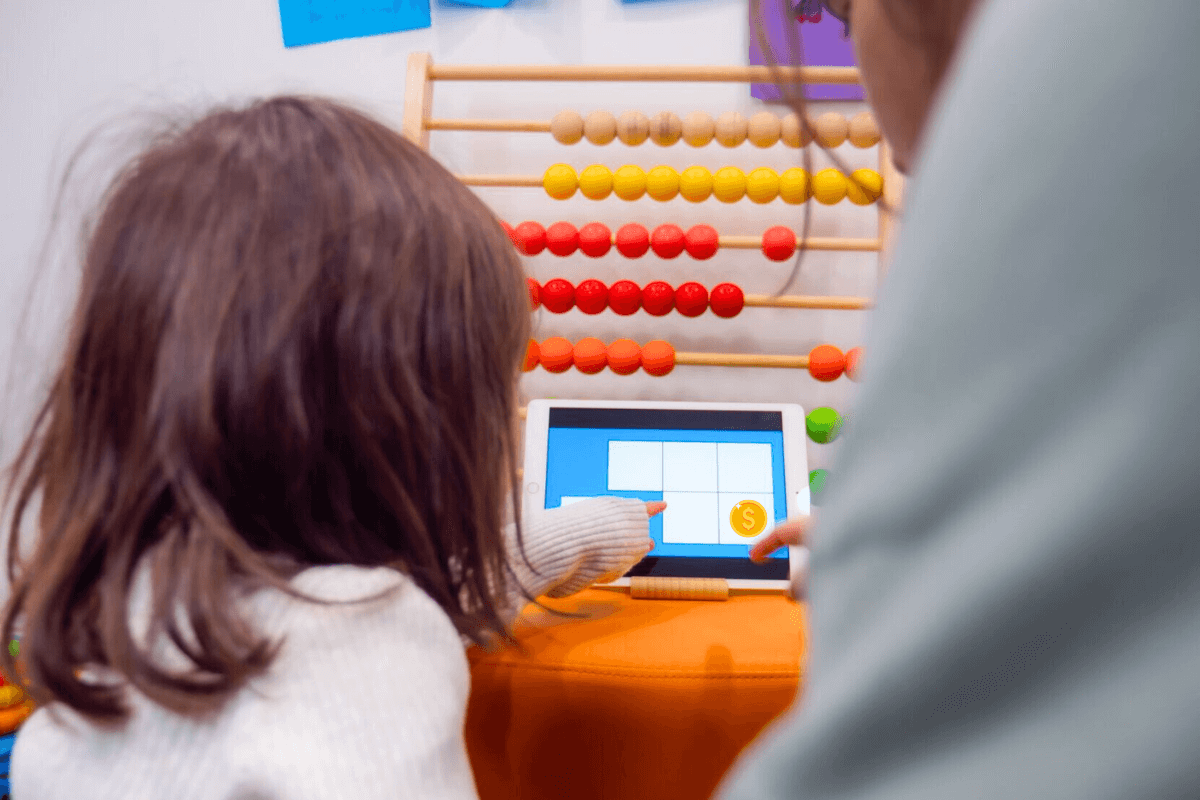
Build a Predictable Routine
Consistency helps children understand what to expect and prepares their minds for focused effort. Create a daily schedule that includes regular times for meals, play, and focused activities. A predictable routine makes it easier for children to settle into tasks without resistance.
Be Patient and Adapt Strategies
Every child is unique, and what works for one might not work for another. If you notice your child struggling, try different techniques to see what resonates. Remember, building concentration takes time and practice.
Tip: Support, patience, and a structured approach go a long way in helping your child develop the focus they need to succeed.
Early Childhood Concentration Strategies – You Got This!
Wondering how to get a child to concentrate in a world full of distractions? It starts with creating the right environment and offering activities that match their developmental stage.
These early childhood development strategies can help set the stage for better concentration and lifelong learning. By applying these tips across various activities, you can help your child develop the focus and self-discipline needed for full engagement. Whether it’s sitting through a class, completing a puzzle, or focusing on a family game night, these small additions to your routine can make a big difference.
Enrichment Classes for Kids – Build Focus Through Fun
If you’ve ever searched for how to get a child to concentrate, you’re not alone – many parents face this challenge, especially with young children who are still developing focus and self-regulation.
Ready to take the next step in boosting your child’s focus and learning potential? Explore how the Shichida Method can make a difference. Our whole-brain training program combines fun, hands-on activities with research-backed techniques to help your child thrive.
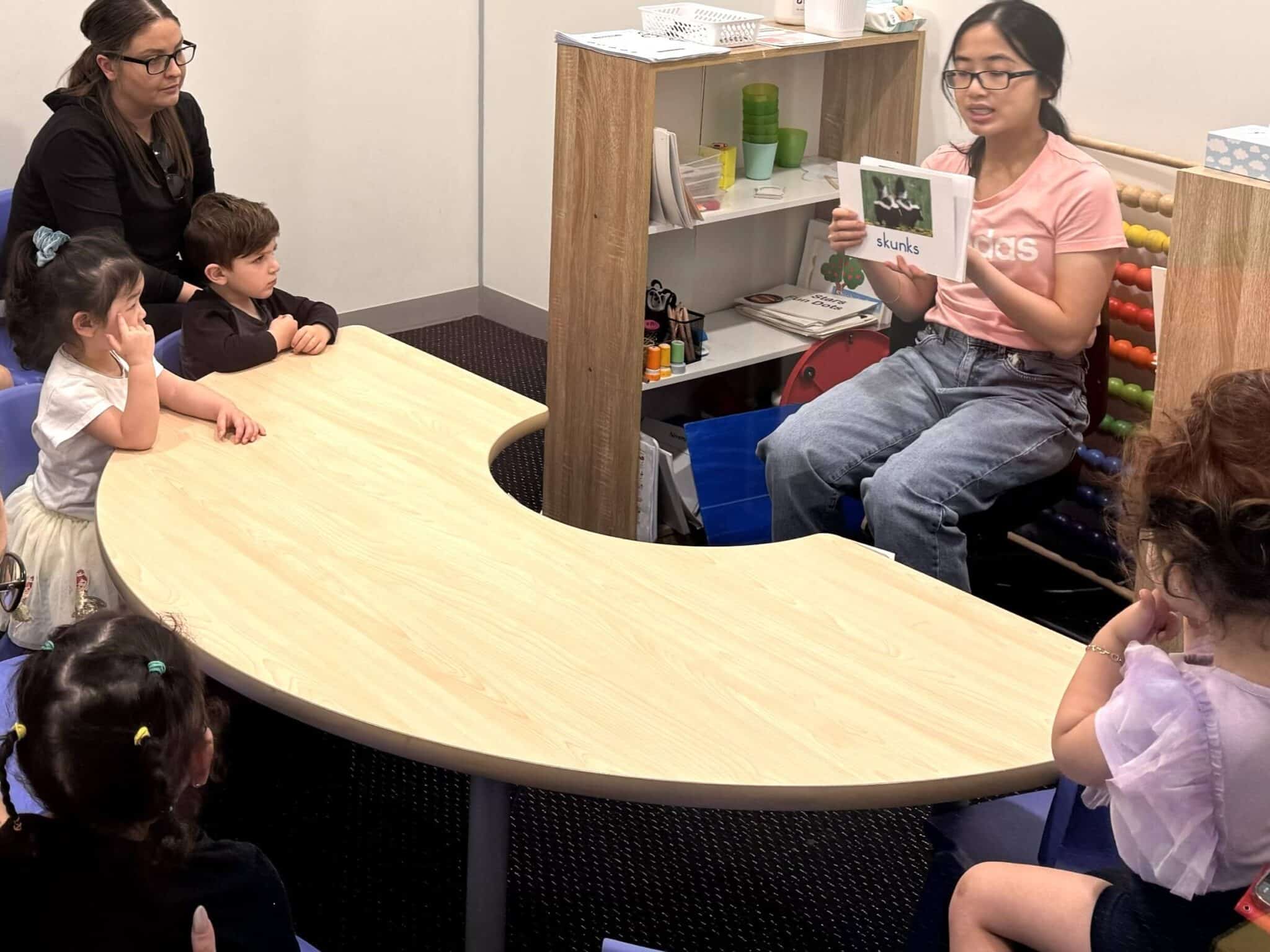
Our fun brain-boosting classes include activities to boost focus in preschoolers, using researched child concentration techniques.
Shichida classes are perfect for children aged 6 months to 4.5 years old. Our unique program stands apart from other early learning programs in Australia. Book a trial class and see what it is all about!
